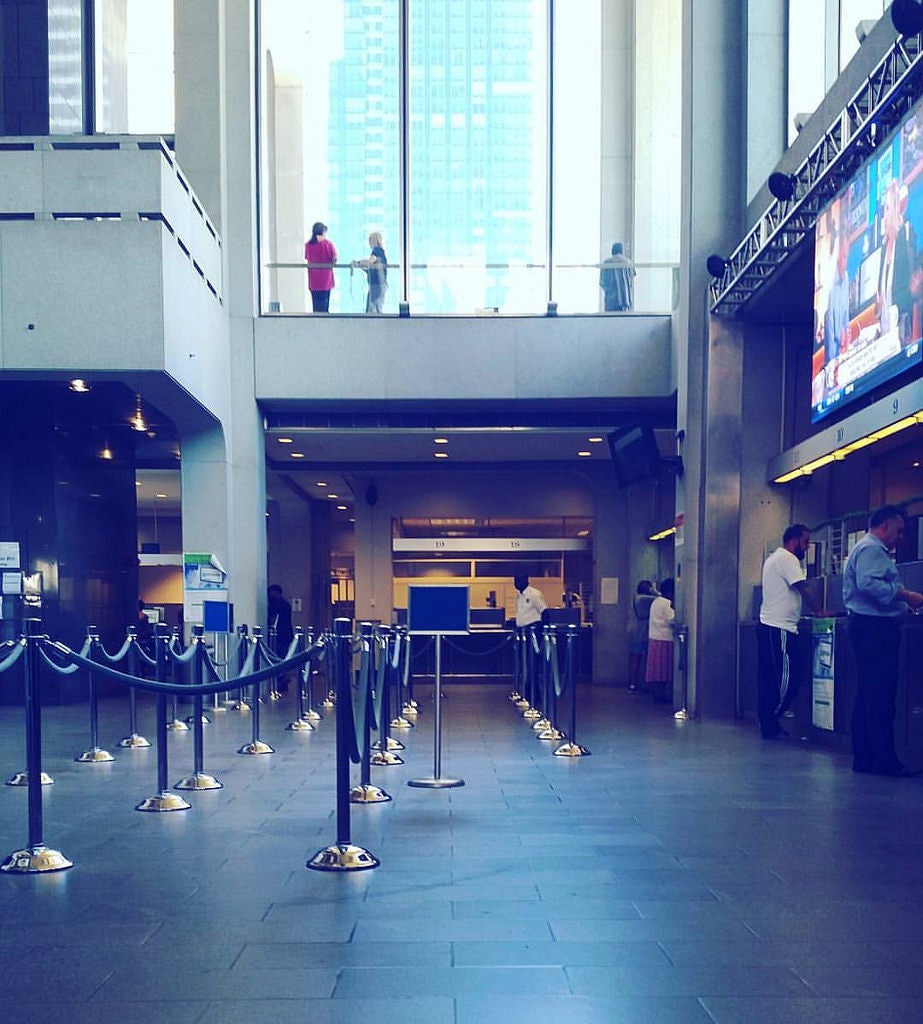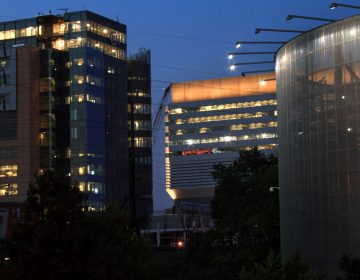Council supportive of higher city permit fees, funds to support L&I, Historical Commission

The Philadelphia City Council is considering increasing fees across the board for most licenses and permits. That might seem like a potentially contentious proposition, inspiring pushback from the business community. Instead, Wednesday’s Committee on Licenses and Inspections hearing on the subject proved a mild-mannered affair.
The hearing covered five bills, including one that would tweak requirements for building demolitions along with four related to increased fees.
All told, the increases are projected to net about $3.2 million in permit increases and $1.9 million in increased license fees. That money would go to fund a variety of city functions from the Department of Licenses and Inspections (L&I) to the Historical Commission.
During his testimony, L&I commissioner David Perri said that most permit fees have not been updated since 2000, while many license fees date back to 2009 (with some exceptions that were last increased during Wilson Goode’s mayoralty).
“Most of the proposed license fee increases are 10 percent, less than the 12 percent inflation since that last increase in 2009,” said Perri. “The proposed building permit fee increases are approximately 18 percent, less than half the 40 percent inflation since 2000. Regaining the ground loss to inflation is critical.”
Asked how much of the $5.1 million L&I would see, Perri said he wasn’t sure but would guess between $2.1 and $2.2 million.
Committee chair, Councilwoman Maria Quiñones-Sánchez, noted that L&I will be among the first departments to participate in “performance based budgeting.” Did Perri foresee being able to justify every fee increase?
Perri said his department considered how much to raise the fees by comparing Philadelphia’s practices to those of comparable cities and by measuring inflation since the last increase. He said the performance-based measures could actually show that the department needs more inspectors (which could be paid for by adjustments to the fee).
Councilman Allan Domb expressed concerns as well, saying that back in 2002 the city solicitor found that inspection fee increases had to be earmarked for L&I.
“I’m all in favor of raising fees,” said Domb. “But I want to make sure that someone doesn’t sue us and we lose.”
All of the groups offering testimony– the Development Workshop, the Preservation Alliance, the General Building Contractors Association—all agreed that L&I needs more funding and more inspectors.
Perri agreed, of course, pointing out that a stronger L&I could even hunt down more revenue for the city. The department recently began checking whether contractors are caught up on their taxes when they come in for a license renewal.
According to the Revenue Department, $5 million tax delinquent dollars have been recovered as a result. Perri said that in the near future his department hopes to check the tax delinquency of property owners prior to issuing zoning permits.
The other focal point of the hearing is funding for the beleaguered Historical Commission. The body is notoriously short staffed and does not have the resources to adequately deal with the existing flow of permit reviews or the steady drumbeat of nominations to the local historic register.
In December, a bill introduced to City Council would have netted the commission an extra $350,000 annually by assessing a small fee on those seeking building permits that required review by the Historical Commission.
That legislation is now on hold, and instead this broader package of fee increases is under consideration.
Domb questioned whether the amount of funding needed for the commission had been given intensive study, saying that he wanted to ensure the body received the amount needed to pursue its mission.
“In the budget, we did receive funding for two more staff people,” said Anne Fadullon, the city’s head of planning and development. “We hope then we can do permit review and nomination review and proactively go out and identify key strategic buildings [to add to the register]”.
City spokesman Paul Chrystie confirmed that the proposed budget for the Historical Commission for Fiscal Year 2018 would be $96,000 more than its current $432,000 budget. That would enable two new positions at the commission.
“We maybe need to come up with public private partnerships to [help fund the historic commission],” said councilman Mark Squilla, whose district includes the controversial Jewelers Row project. “It’s always talked about how Philadelphia is a world heritage city. Now Council is trying to do our part but I think we can look at best practices throughout the country, so we can get more funds to our historical commission.”
Fadullon said they are already in consultation with some potential foundation funders and that her office is researching how other cities fund their preservation commissions.
“We see these bills as the first serious effort to increase funding for the historical commission in recent memory,” said Paul Steinke, director of the Preservation Alliance for Greater Philadelphia.
Asked how the Alliance felt about this bill in contrast to the one in December, he said his organization is happier with the current effort.
“The other bill put all the burden on owners of historic property and that really never sat well with us,” said Steinke. “This is a smaller increase on a broader base. I think it makes sense philosophically and is more palatable financially.”
WHYY is your source for fact-based, in-depth journalism and information. As a nonprofit organization, we rely on financial support from readers like you. Please give today.





